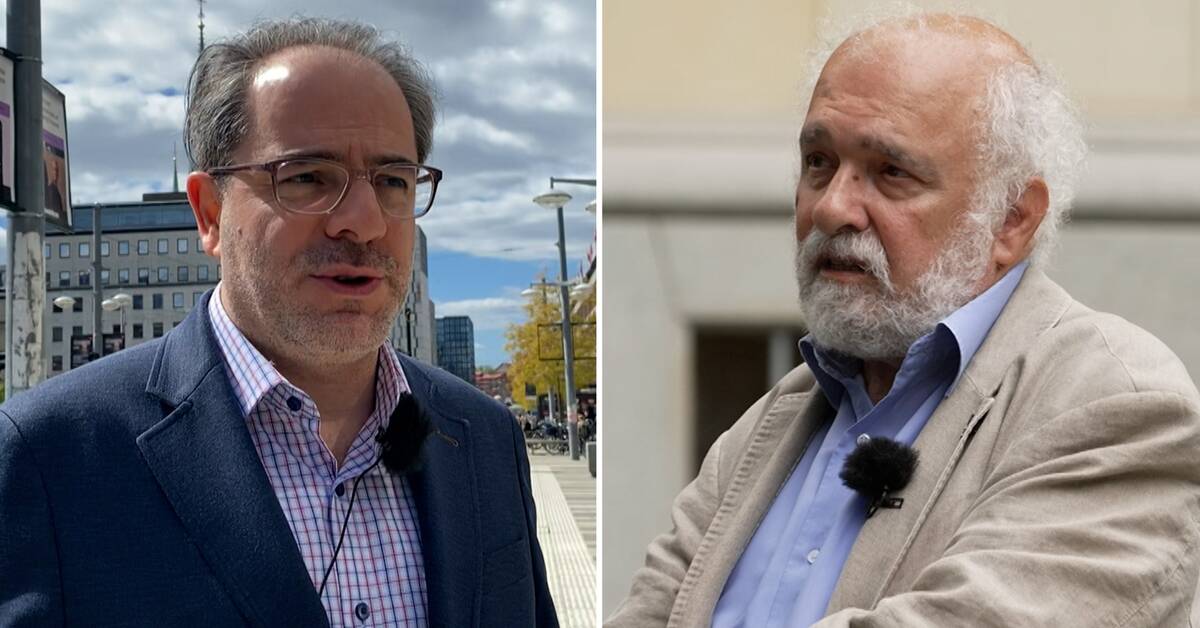A four-hour meeting in Madrid was required.
Sweden then signed the agreement with Turkey, which paves the way for Swedish membership in NATO.
But above all, one issue has provoked strong reactions: that of extradition between countries.
On Wednesday, Turkey's Minister of Justice issued a demand that 33 people, who are described as terror suspects, be extradited from Sweden and Finland.
Prime Minister Magdalena Andersson (SocDem) replied that: "If you do not engage in terrorism, you do not need to worry."
What was said behind closed doors is unclear.
Mapped the extradition cases
In recent years, Turkey has requested that Sweden extradite a number of people who it claims have links to terrorist organizations.
SVT has reviewed the decisions of the government and the Supreme Court - all of which have been rejected.
Ragip Zarakolu, who came to Sweden as a refuge writer ten years ago, is one of those named in the Turkish media.
Turkey has demanded his extradition and accuses him of "helping the terrorist organization PKK" by, among other things, opening "a political academy that served as a training ground for militant personnel".
- I think that Sweden can solve this with diplomacy, not as aggressively as they want everything in Turkey, says Ragip Zarakolu who denies all accusations.
In a decision from 2019, the Supreme Court ruled that there are obstacles to extradition and states, among other things, that it is not clear that a crime has been committed.
HD: Journalism is not a crime
Another of the people is the journalist Levent Kenez who fled to Sweden in 2016.
- I'm not worried about myself.
But there are others who do not have the same opportunity to express themselves, I am worried about them, he says.
The Supreme Court rejected Turkey's request for his extradition last year.
"The act that Levent Kenez is suspected of - journalistic activity as editor-in-chief of a newspaper - does not correspond to a crime under Swedish law," HD writes in the decision.

